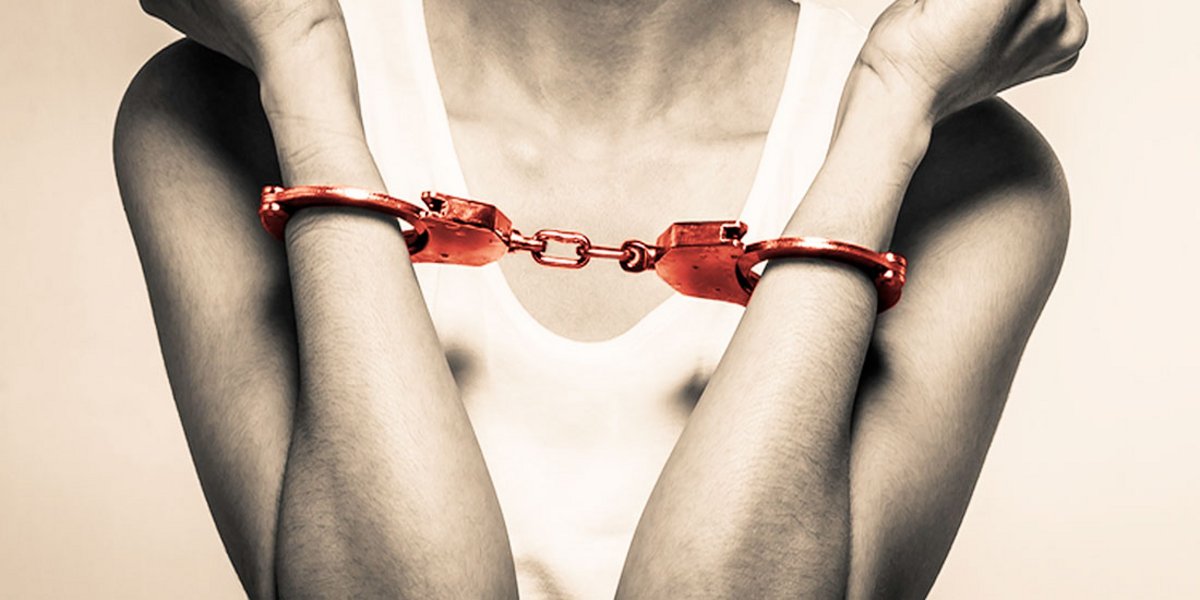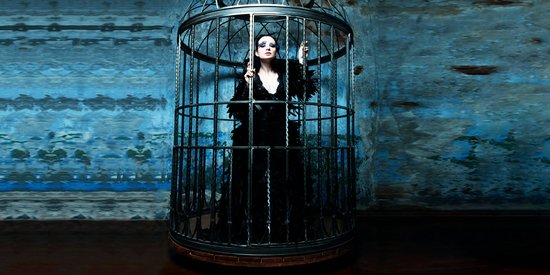Has it ever happened to you?
• Difficult love relationships
• A tendency to excessively look after others
• Partners who do not engage
• Toxic partners (perverse, aggressive, violent ...)
• Repeated emotional failures
• difficulty getting out of unsatisfactory relationships
In this case, you may be suffering from an emotional co-dependence.
Perhaps, when you were a child, you missed out on attention being paid to you? Perhaps your parents had themselves missed out on recognition and were using you to get it. They had to be satisfied.
We often wonder if the meaning we give to our love life is as rewarding as that of the neighbors and their commitment to their relationship.
But a lack of recognition and insufficient love, very quickly create a void which needs filling, and thus prepares us very insidiously to pave the way towards co-dependence.
This is an article that may upset your prejudices, we will try here to give you a fresh view, both emotionally and of the view that you have of yourself
In this article Juliette (Our Love Coach) explains that having acute emotional needs is not an abnormal thing.
Recognizing that this is a lengthy process that requires a lot of courage in the face of change, she proposes ways that we can put certain factors into practice every day, to accelerate progress while achieving serenity.
You will discover:
• How YOU CREATE everything that happens to you, including attracting partners who do not engage
• How these relationships LINK WITH YOUR CHILDHOOD.
• How your attraction to each other is THE RESULT OF YOUR respective FEARS
In his book, "Putting the power of the present moment into practice," ECKHART TOLLE tells us that any addiction is born of an unconscious refusal to face one's own suffering and to experience it.
Most of us have natural tendencies to be co-dependent or suffer from emotional codependency.
But for many co-dependents, co-dependence becomes a lifestyle; a well-oiled mechanism which is put in place.
These kinds of behaviors, which are difficult to understand and impossible to control, can go as far as hurting people deeply and destroying relationships, be they of a friendly or a romantic nature.
When the first motive of loving someone comes from a desperate need for love, it becomes damaging and inevitably in turn it does a lot of damage.
The type of change which is needed
If you want to get out of emotional co-dependence, learn to reverse the process of alienation. Instead of continually giving up being yourself, learn to respect yourself, love yourself, and work on your self-esteem.
It reminds me of the life led by Socrates;
It is a well-known fact that Socrates spent his life worrying about awakening the concern for good, the truth, and of oneself in others, in order to get out of the dysfunction of "emotional co-dependence". Do you know the enigma of Socrates? It has the power to eliminate the stress and worries of your life!
One day, a woman went to see Socrates and asked him for the secret to feel at peace and to have the life she wanted. He handed her a glass of water and asked her a simple question: "How much does this glass weigh? ".
If you have already held a glass of water for a few minutes, you already know the answer to Socrates' enigma.
The actual weight of the glass does not matter: if you hold it for a few minutes it seems light, but try for a whole day and you'll see :-)
The worries of your life are like this glass of water. Think about it for a short time and the stress level is low. Think about it longer and the stress starts to hurt you and your natural confidence drops. Think about it all day and then the stress paralyzes you: you become unable to do anything ...
The real question is not the weight of the glass, it's how to release it :-)
In summary:
The problems of co-dependency:
Co-dependence can be defined as intoxication to people, behaviors or things. Emotional co-dependence predisposes you to control your inner feelings while you try to control people, things and events on the outside. For the co-dependent, control or lack of control is central to every aspect of life. Self-confidence may well play its role too.
Some people are happy only if others are happy, they do not know how to say "no." Sometimes they are in abusive relationships (not always physical, but where there can be a lot of blame, secrets, negligence, feelings of guilt ...).
Their happiness depends on the happiness of the other person.
We tend to give too much of ourselves to make sure others love us. Sometimes we even put up with violence and hurt ourselves because we do not know how to say no when we should say no. Co-dependence is really a wounded heart crying out to get love.
The advice of our LOVE coach:
Letting go with your partner.
A relationship is constructed and evolves over the years. Disputes are inevitable and often beneficial.
Let us show responsibility and let our other half know what is bothering us.
An exchange of points of view is always soothing and liberating.
We cannot control everything.
We do not have the super powers that would allow us to transform everything that we do not like.
On the other hand, your emotions are a real barometer.
They are essential to move forward.
Accept and welcome all these emotions such as anger, sadness, lassitude, fear ...all these are necessary.
These so-called negative emotions also allow you to put your finger on a problem ... so that you can adjust it.
Do not be afraid of occasional loneliness.
- Set healthy limits for yourself.
- Do one thing at a time.
And most importantly: It's not all your fault! (Do not feel responsible anymore).
Have a beautiful journey!
Further Reading ;
Our article :Am I emotionally co-dependent?
Melody Beattie; Co-dependence no more
Melody Beattie; Beyond co-dependency
Patrick Carnes; Facing the Shadow.








